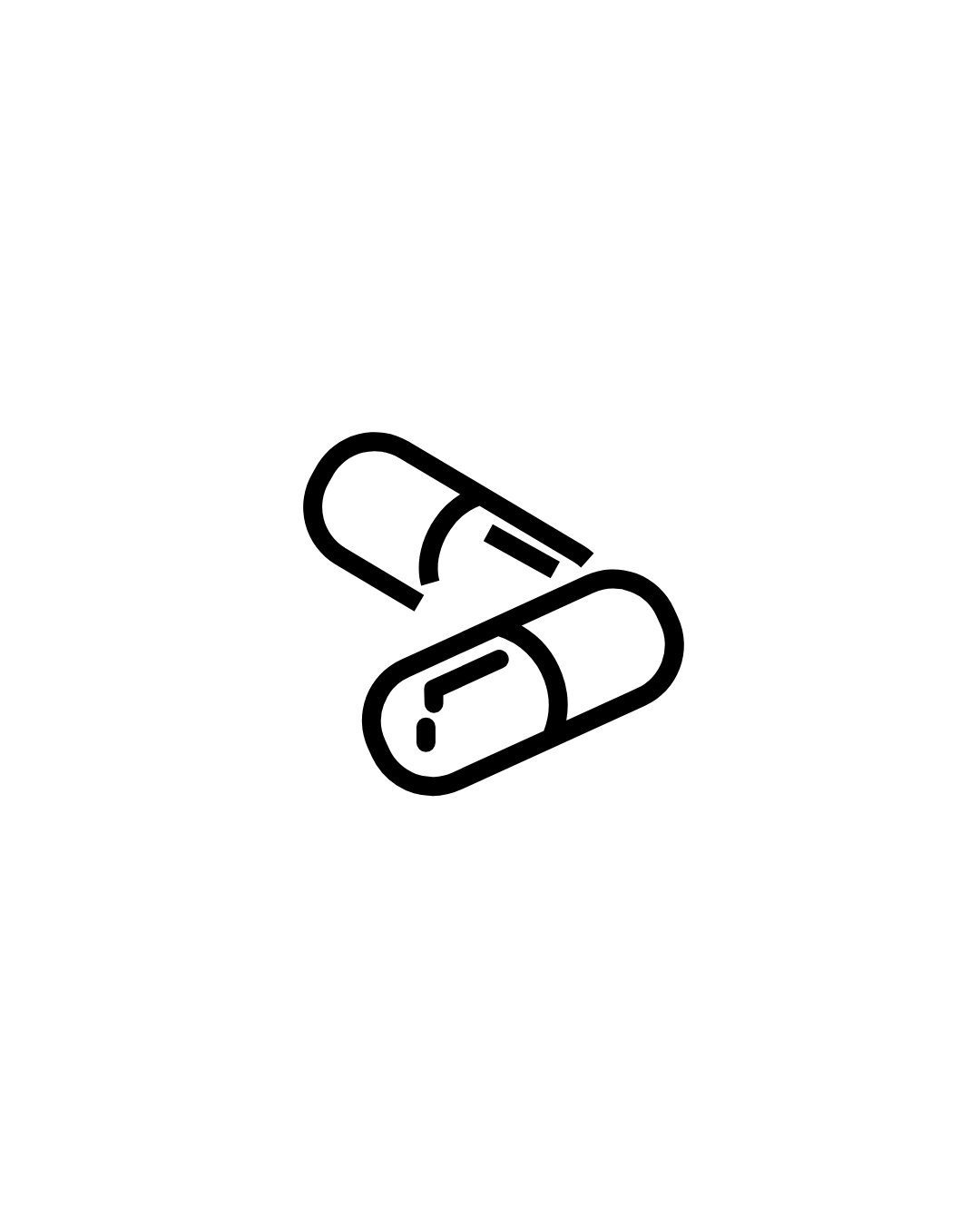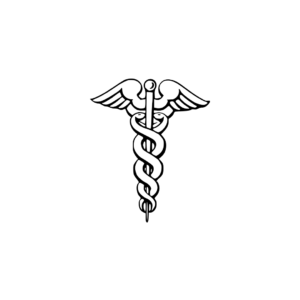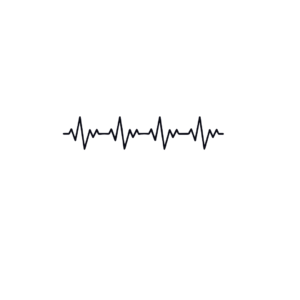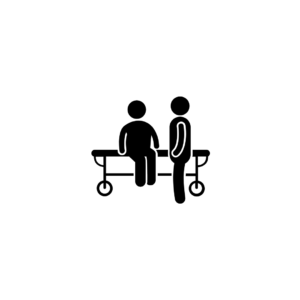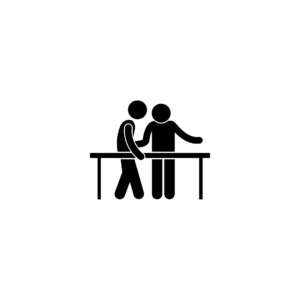Description
Overview of Diploma in Pharmacy
The Diploma in Pharmacy (D.Pharm) is a two-year academic program designed to provide students with foundational knowledge and skills in the field of pharmacy. This course prepares graduates to work in various healthcare settings, including community pharmacies, hospitals, and pharmaceutical companies. The program emphasizes practical skills and theoretical understanding of the pharmaceutical sciences, medication management, and patient care.
Core Areas of Study in the Diploma in Pharmacy Program
Pharmaceutical Chemistry
Introduction to the chemical aspects of drugs, including their composition, properties, reactions, and interactions.
Pharmacology
Basic understanding of how drugs affect biological systems, including their mechanisms of action, therapeutic uses, and side effects.
Pharmaceutics
Study of the formulation, preparation, and dispensing of medications, including dosage forms and drug delivery systems.
Pharmacognosy
Examination of natural sources of drugs, including plant and animal materials, and the study of their medicinal properties.
Clinical Pharmacy
Introduction to patient care practices, focusing on the role of pharmacists in promoting safe and effective medication use.
Pharmacy Practice
Understanding the day-to-day operations of a pharmacy, including professional ethics, legal issues, and patient counseling techniques.
Health Education and Community Pharmacy
Training on educating patients about medications, health promotion, and disease prevention within the community.
Basics of Microbiology and Biochemistry
Fundamental concepts of microbiology relevant to pharmacy practices and the biochemical processes involved in drug action.
Curriculum Structure
A typical Diploma in Pharmacy program includes:
Core Courses: Subjects covering pharmaceutical sciences, clinical practices, and relevant health education.
Practical Sessions: Laboratory and practical training to gain hands-on experience in drug formulation, dispensing, and clinical applications.
Internships: Clinical rotations or practical training in pharmacies or healthcare facilities to provide real-world experience.
Admission Requirements
Admission to the Diploma in Pharmacy program typically requires:
A high school diploma (or equivalent) with a focus on science subjects, particularly biology, physics, and chemistry.
Some institutions may have minimum percentage criteria or entrance exams for admission.
Skills Developed in the Diploma in Pharmacy Program
Graduates of the Diploma in Pharmacy program will develop essential skills, including:
Pharmaceutical Knowledge: Understanding drug formulations, usage, and interactions, as well as basic principles of pharmacology.
Clinical Skills: Ability to assess patient medication needs and assist in medication management.
Dispensing Skills: Proficiency in the safe preparation and dispensing of medications, including dosage calculations.
Communication Skills: Effectiveness in communicating with patients and healthcare professionals regarding medication use and health advice.
Ethical and Professional Practices: Knowledge of ethical considerations and legal regulations in pharmacy practice.
Career Opportunities
Upon completion of the Diploma in Pharmacy program, graduates can pursue various career paths, including:
Pharmacy Technician
Assisting licensed pharmacists in dispensing medications and managing pharmacy operations in community or hospital settings.
Community Pharmacist
Working in retail pharmacies, providing medication counseling, health education, and disease prevention services to patients.
Pharmaceutical Sales Representative
Promoting pharmaceutical products to healthcare professionals and educating them about new medications.
Quality Control Assistant
Supporting manufacturing processes and ensuring the quality and safety of pharmaceutical products in production facilities.
Clinical Support Staff
Assisting healthcare providers in hospitals or clinics with medication management and patient care responsibilities.
Conclusion
The Diploma in Pharmacy program provides essential training for those interested in pursuing a career in the pharmaceutical field. With a strong foundation in pharmacy practice, drug knowledge, and patient care, graduates are equipped to contribute effectively to the healthcare system. If you have any further questions about the Diploma in Pharmacy program or related topics, feel free to ask!





